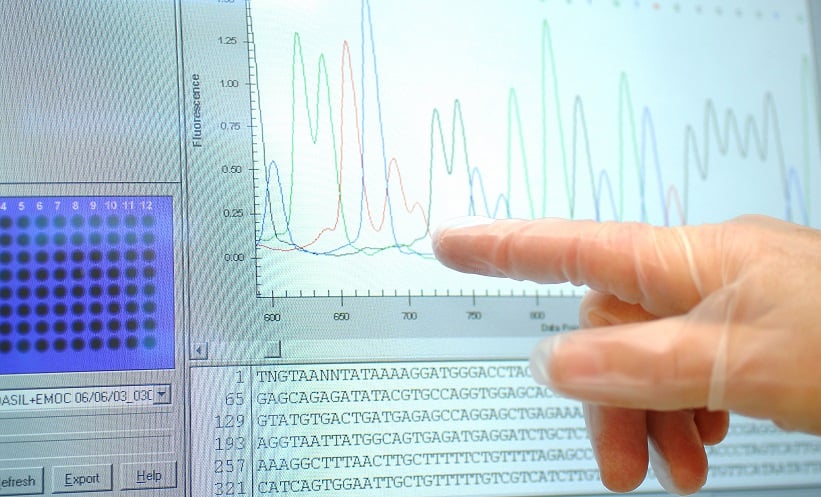A RECENT study highlights significant disparities in next-generation sequencing (NGS) testing among patients with metastatic prostate cancer (mPC) and advanced urothelial carcinoma (aUC). Analysing data from an electronic health record–derived database, the study examined trends from 2015–2022, focusing on disparities linked to social determinants of health.
A total of 11,927 male patients with mPC (167 Asian [1.6%], 1,236 Black [11.6%], 687 Hispanic or Latino [6.4%], 7,037 White [66.0%], and 1,535 other [14.4%] among 10,662 with known race and ethnicity) and 6,490 patients with aUC (4,765 male [73.4%]; 80 Asian [1.4%], 283 Black [4.8%], 257 Hispanic or Latino [4.4%], 4,376 White [74.9%], and 845 other [14.5%] among 5,841 with known race and ethnicity) were eligible and included. For mPC, testing rates rose from 19.0% in 2015 to 27.1% in 2022. In the aUC cohort, rates jumped from 14.1–46.6% during the same period. Despite these improvements, significant disparities persisted.
Black and Hispanic or Latino patients with mPC were less likely to undergo NGS testing, with hazard ratios of 0.75 and 0.70, respectively. Similarly, patients with low socioeconomic status, those on Medicaid or Medicare, and residents in the West faced lower testing rates. For aUC, Black patients, individuals with low socioeconomic status, and those on government insurance also had reduced testing likelihood.
The findings underscore the need to address these disparities to ensure equitable access to cutting-edge cancer treatments. The study’s insights could inform strategies to enhance access to standard-of-care services and reduce health inequities in cancer care.
Helena Bradbury, EMJ
Reference
Chehade CH et al. Trends and disparities in next-generation sequencing in metastatic prostate and urothelial cancers. JAMA Netw Open. 2024;7(7):e2423186.








